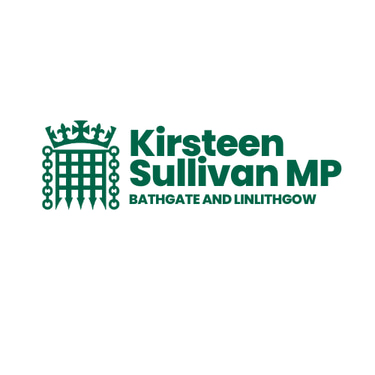A Fairer Future: Tackling Food Insecurity and Health Inequality in Our Communities
The Reality of Food Insecurity and Obesity
This week in Parliament, I had the opportunity to contribute to a crucial debate on food insecurity and obesity. It’s a discussion that speaks to the heart of the struggles many families in Bathgate and Linlithgow face every day. Access to nutritious food should be a right, not a privilege—yet, for too many people, making healthy choices is neither easy nor affordable.
As a former councillor in West Lothian, I have seen firsthand the growing pressures on families who simply cannot stretch their budgets far enough to afford a well-balanced diet. This isn’t just about personal choices; it’s about the structures that shape those choices. The cost of living crisis has made it even harder for households to access fresh, healthy food, while cheap, processed options are everywhere.
That’s why I have long championed food justice. Through my work with the Co-operative Party’s “Food Justice” campaign, I helped support the establishment of the West Lothian Food Network, a partnership of 21 incredible organisations dedicated to making food security a reality for our most vulnerable.
The work of the West Lothian Foodbank, Bo’ness Storehouse, and other community food initiatives has been nothing short of lifesaving. During the pandemic, when many faced financial hardship, these groups ensured that no one in our community went hungry. Their tireless staff and volunteers embody the very best of our local spirit—stepping up when it matters most, offering dignity and support to those in need.
But we must go beyond crisis response. The statistics are alarming:
Two-thirds of adults in Scotland are overweight.
A third of children start primary school already at risk of obesity.
One in six Scots is on a waiting list for medical treatment—often due to obesity-related illnesses like type 2 diabetes and high blood pressure.
These figures highlight a deep-rooted inequality: deprived communities are disproportionately affected by an ‘obesogenic environment’, where fast food is cheap and accessible, while fresh produce is often out of reach. The impact of this is devastating—not just for individuals, but for our NHS, which faces a £98 billion annual cost from obesity-related illnesses.
I want to pay tribute to local initiatives making a real difference. Whitburn Community Development Trust and West Lothian Foodbank run community gardens that provide fresh produce to families who would otherwise struggle to afford it. These projects don’t just improve nutrition—they foster skills, bring people together, and strengthen our communities. They prove that with the right support, we can create real, lasting change.
National policies like the sugar levy and restrictions on junk food advertising are steps in the right direction. But we need to go further. The revenue from these initiatives must be reinvested into community-led solutions that tackle health inequalities at their root. Making healthier food affordable, accessible, and attractive to all must be at the centre of our approach.
Doing nothing is not an option. If we are serious about giving our children a healthier and more active future, we must act now. I will continue to push for bold policies that empower families, support local food networks, and create a fairer food system for everyone. Because no one should have to choose between eating well and making ends meet.
